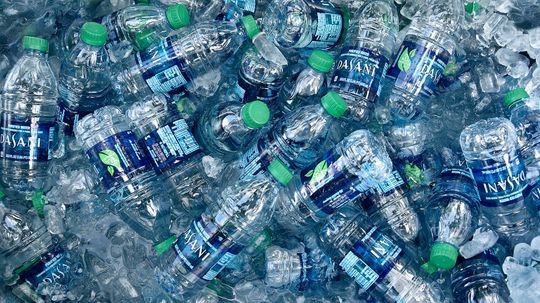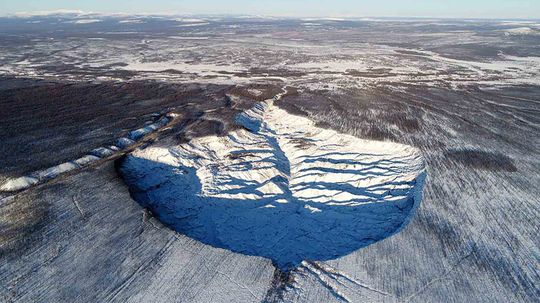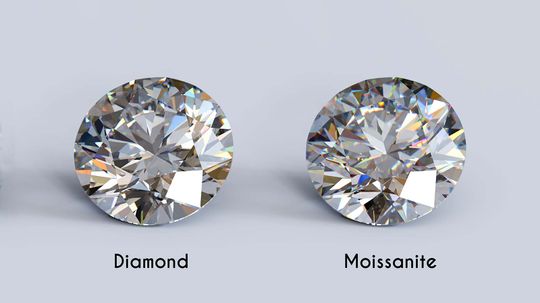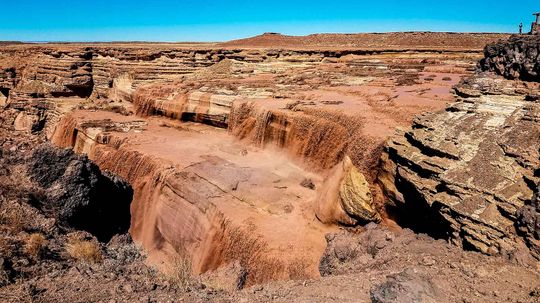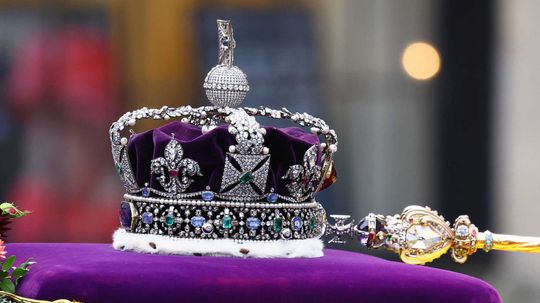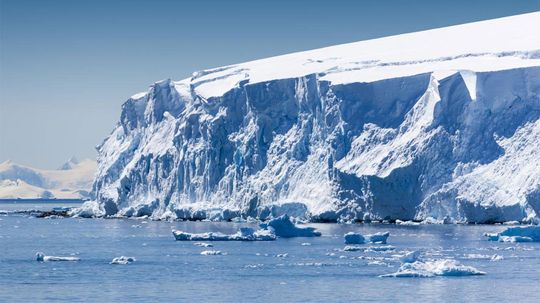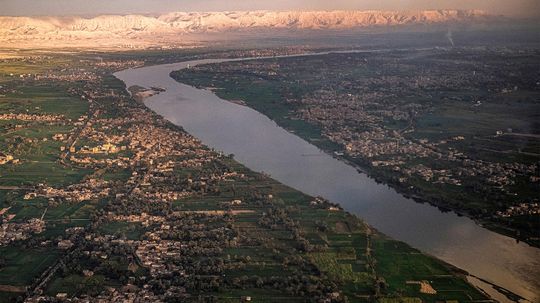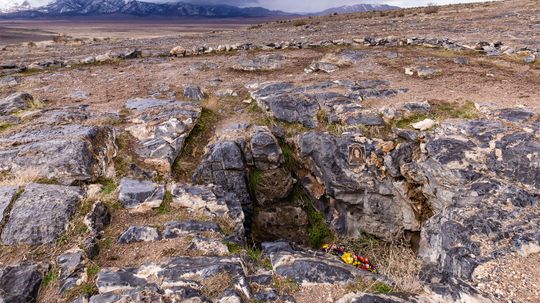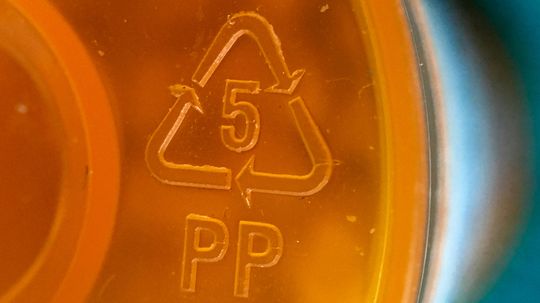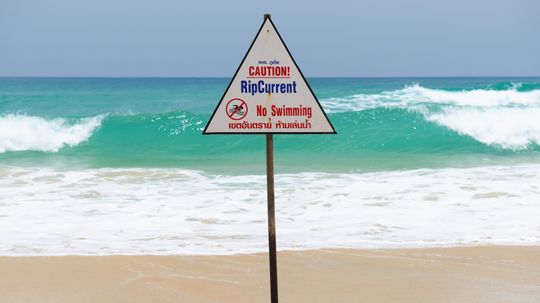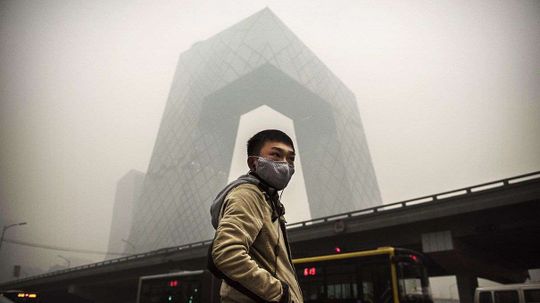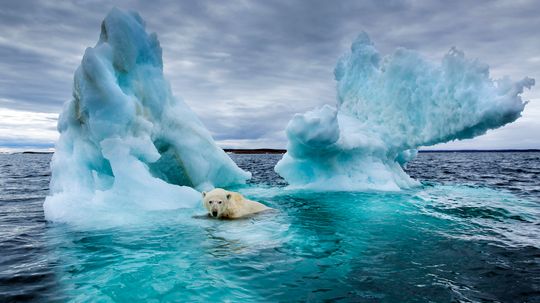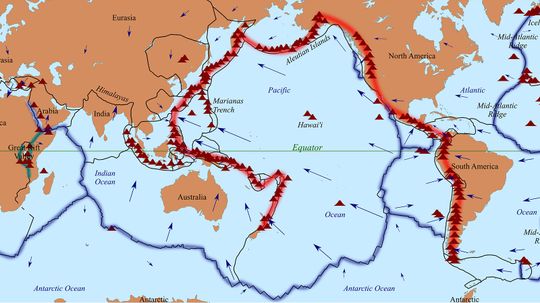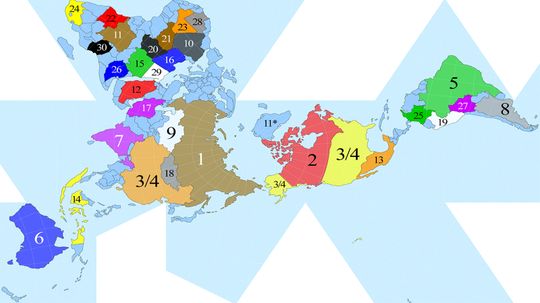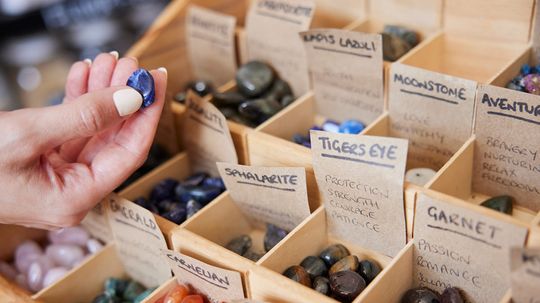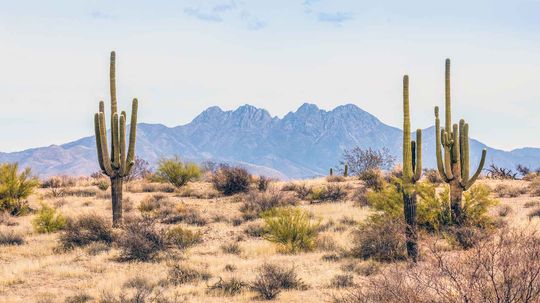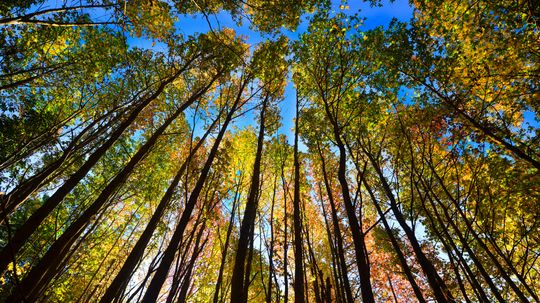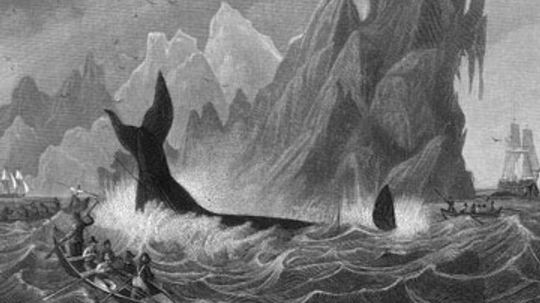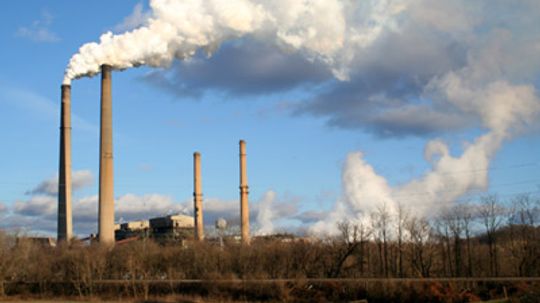Environmental Science
The environment is truly a thing of beauty and should be protected whenever possible. What can we do to save the environment, and what new technology is available to help us?
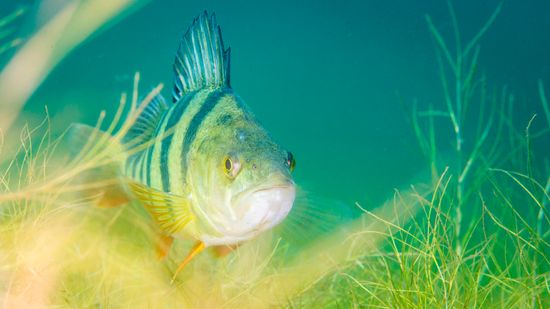
The Fish Doorbell Isn't a Joke ... Seriously
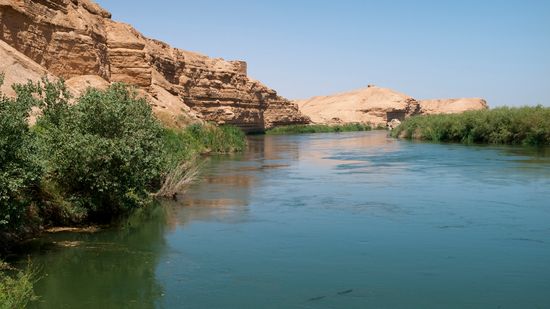
The Euphrates River, at the 'Cradle of Civilization,' Is Drying Up
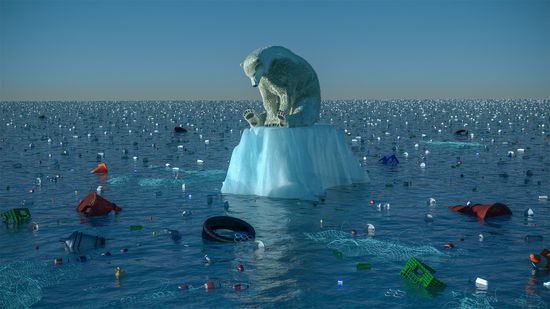
Study Says 2035 Is Climate Change Point of No Return
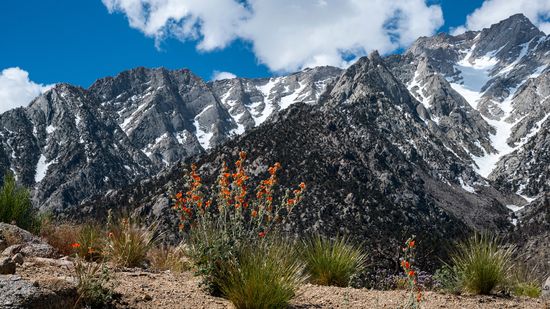
What State Has the Most Mountains in the U.S.? 8 Peak Records
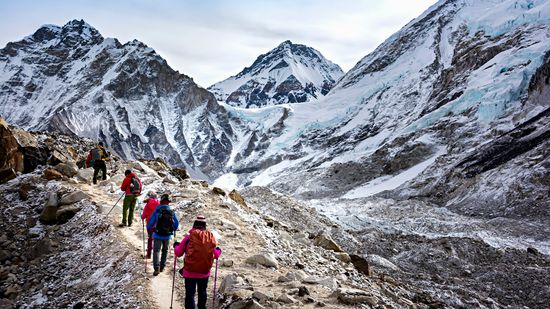
The Most Dangerous Mountain to Climb (and 14 Giving Steep Competition)
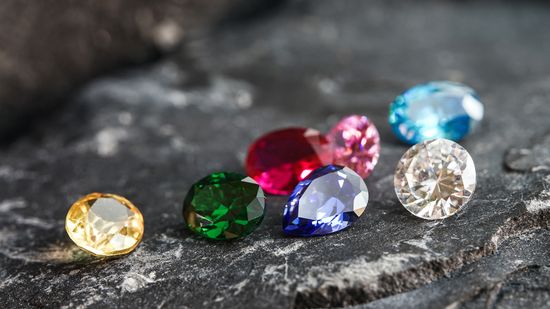
15 Types of Gemstones to Add a Little Sparkle to Your Life
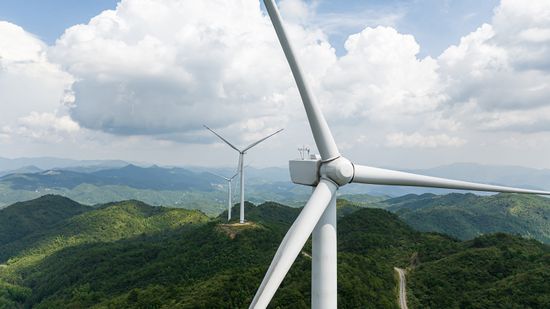
How Many Birds Are Killed by Wind Turbines, Really?

How a Lithium Mine Works and Impacts Local Communities
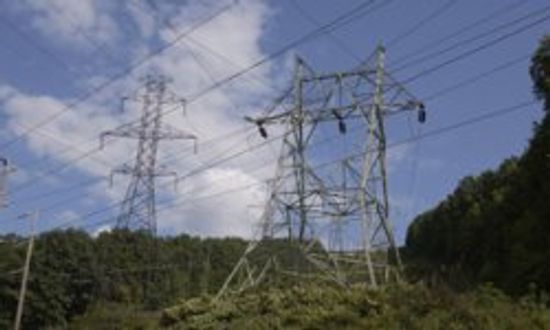
How to Sell Electricity Back to the Grid
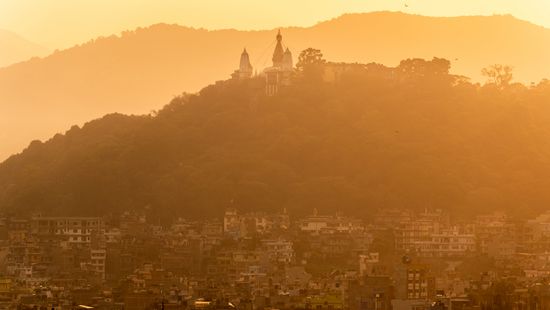
The Worst Air Quality in the World Is in Mountainous Terrain

The World Hits 8 Billion People; Is That Good or Bad?
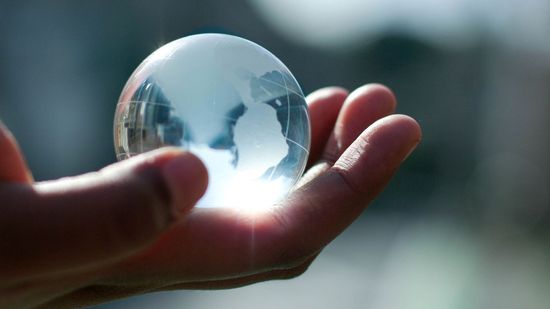
Quiz: Can You Tell Climate Change Fact From Fiction?
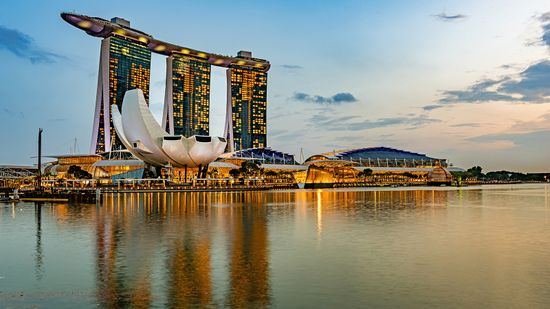
6 Most Futuristic Cities Powered by Renewable Energy

Top 5 Green Robots

5 Things to Consider When Building a Solar-powered Home
Learn More / Page 23
Sarah Palin never really said she could see Russia from her house. But how far is Russia from Alaska anyway? And can you see one country from the other?
By Mitch Ryan
You may have seen an expiration date on your bottle of water, but why? Can a natural substance like water really go bad?
By Alia Hoyt
Zulu Time is a shorthand for describing a time that is the same no matter where you are in the world. So, how does that work?
By Alia Hoyt
Advertisement
It's known as the "Gateway to Hell" and while it might not actually get you there, what it will unleash if it keeps thawing could truly be hellish.
What's the difference between moissanite and diamonds? And which of these brilliant stones wins out when it comes to the engagement ring competition?
By Mitch Ryan
Arizona isn't all desert. Take Grand Falls, aka "Chocolate Falls." It is dry most of the year, but when it rains, this waterfall pours.
It was the world's largest diamond when mined and today it's cut into nine gems that are all part of the British Crown Jewels. But since the death of Queen Elizabeth II, questions have emerged about its imperialist history.
By Dave Roos
Advertisement
Scientists are concerned that the Thwaites Glacier is melting at a rapid pace, though some don't love the name "Doomsday Glacier." What does the rapid melt of this huge glacier mean for the future of our planet?
By Mark Mancini
When it comes to rivers, longest doesn't necessarily mean biggest, and length can be difficult to determine, so the top spot will always be debated.
Nutty Putty Cave, near Salt Lake City, Utah, was discovered in 1960 and sealed up forever in 2009. But why?
There are seven different numbers you might see on a plastic container. And each number has its own meaning.
Advertisement
Rip currents are the number-one concern for beach lifeguards: About 80 percent of all beach rescues are related to rip currents. Learn what they are and what you should do if you get caught in one.
By Tom Harris
Millions of people die every year because of poor air quality, new international research finds. That number is expected to rise in coming years.
The Arctic Circle is a region marked by frigid temperatures, strange sunlight and glaciers galore. And for hundreds of thousands of people, it's also home sweet home.
By Mark Mancini
Explore the Pacific Ring of Fire, a 24,900-mile zone with 75% of Earth's volcanoes and 90% of its earthquakes, shaped by dynamic tectonic activity.
By Mark Mancini
Advertisement
The seven largest countries in the world account for nearly half of the world's land area, but one is far larger than the rest. Do you know what the largest country is?
Curious about healing crystals and their meanings? Here's the lowdown on 12 of the most popular stones for wellbeing.
If you think the largest desert in the world is hot and sandy, think again. These 10 deserts spanning the globe are massive, but they're not all sunbaked.
By Mitch Ryan
The autumnal equinox is the day Earth is perfectly angled to the sun, so the day and night are of equal length. Well, almost.
Advertisement
Men have been hunting and killing whales for centuries. Early whalers hunted for survival, but their motivation may have changed once there was money to be made. Whaling for profit has been banned since 1986, but whaling for scientific research is still allowed in certain areas, causing much debate.
Clean coal -- isn't that an oxymoron? Not anymore. See how energy companies are using coal in cleaner ways to generate massive amounts of electricity. Alternative fuels may be making headway, but coal isn't used up yet. Find out why.
By Sarah Dowdey
If you turn off the lights in your computer room, you'll probably see the glowing eyes of vampire electronics peering back at you. A smart power strip can help you cut down on how much energy they waste.

